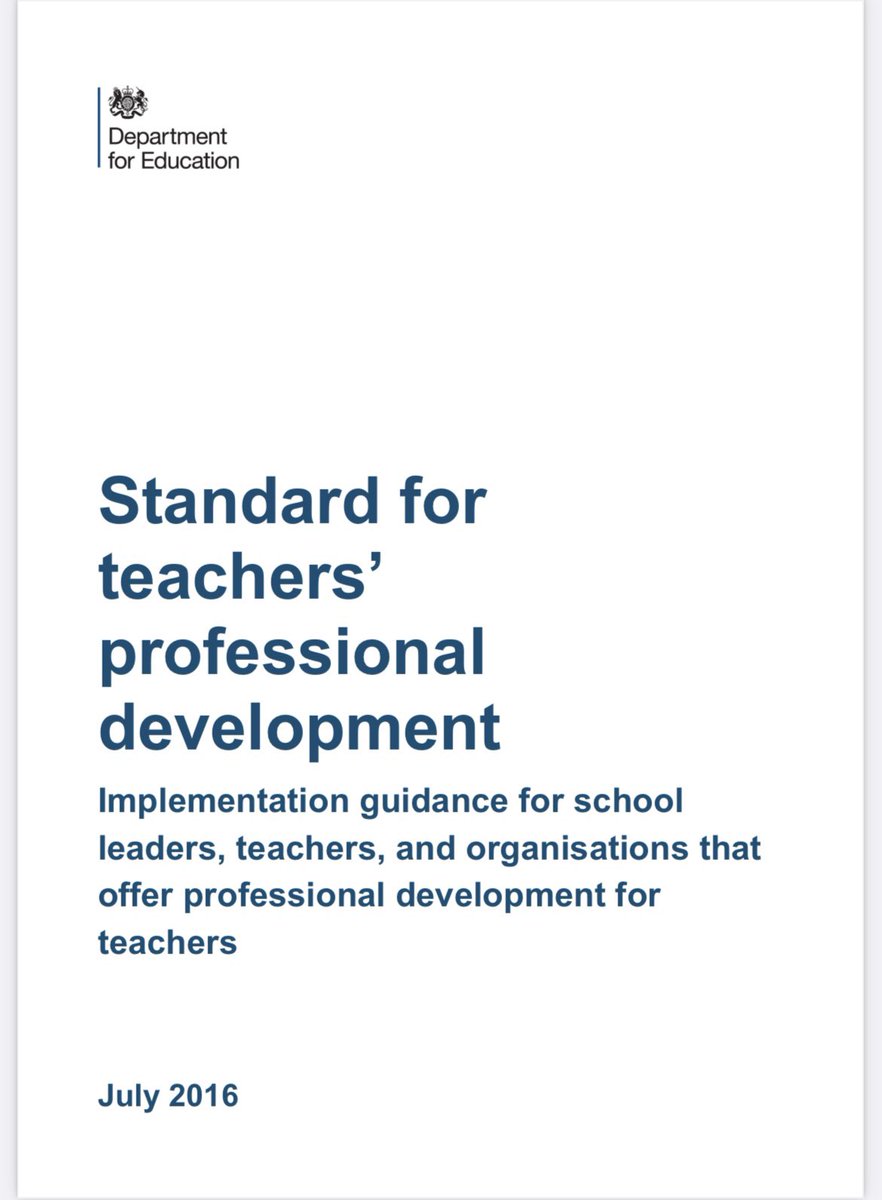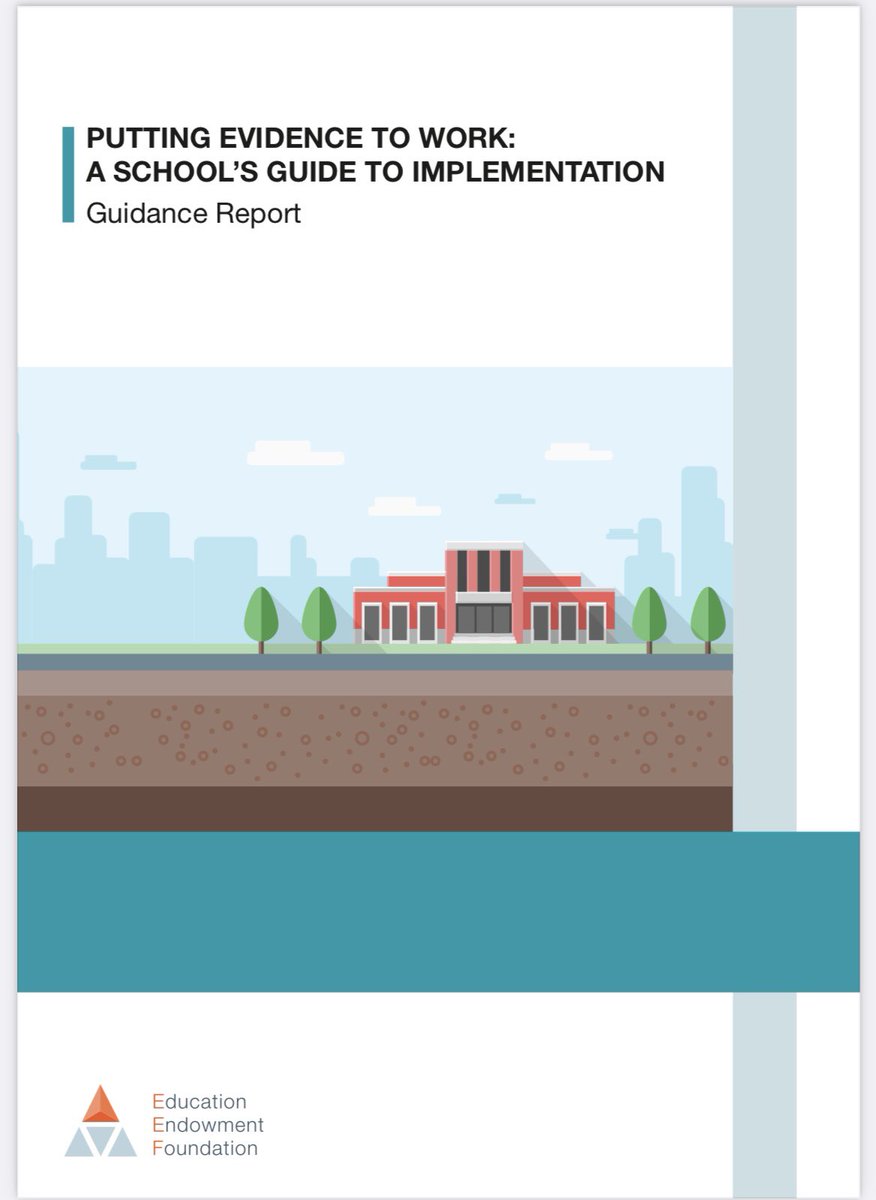Looking forward to presenting at #rED22 with fellow PD nerd @SaysMiss.
Thread below contains 14 links to PD papers we refer to because no-one wants to feel like this:
“I hope I die during an in-service session because the transition between life and death would be so subtle.”🫣
Thread below contains 14 links to PD papers we refer to because no-one wants to feel like this:
“I hope I die during an in-service session because the transition between life and death would be so subtle.”🫣

• • •
Missing some Tweet in this thread? You can try to
force a refresh






















